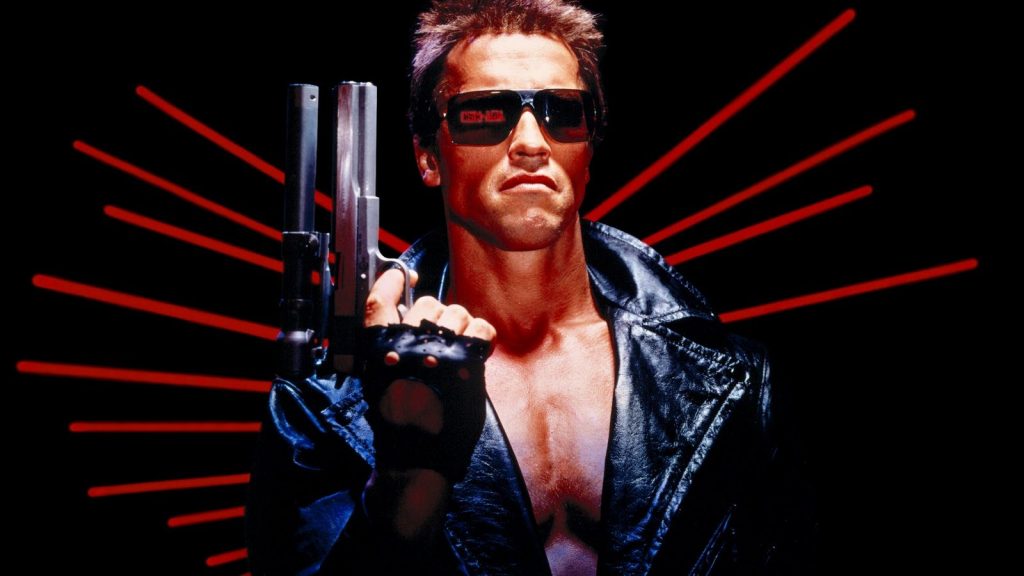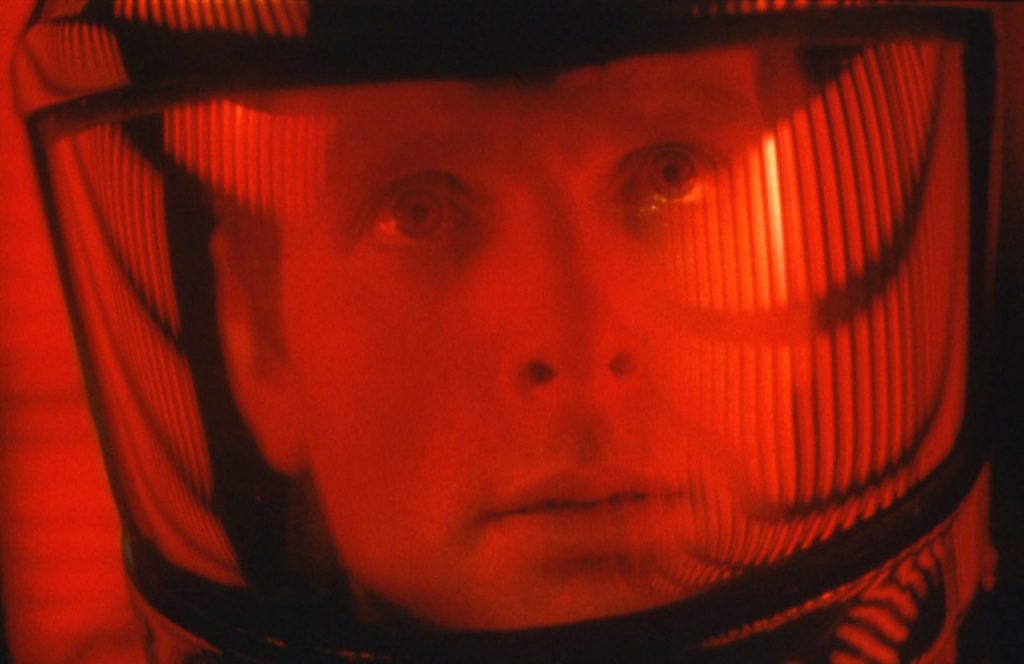Many years ago, while on a long, intercontinental flight, I read a somewhat unique sci-fi novel. The book, set in the distant future, was about a society in which a self-proclaimed prophet had established a global theocracy. The false prophet maintained iron-fisted control over the world’s population through the draconian enforcement of his religious code. Even the most minor of infractions was grounds for immediate execution. Before the prophet’s death, he commissioned the development of an artificial intelligence-based computer system that was to rule the world in his absence. For hundreds of years after the prophet’s death, this computer system made policy decisions, political appointments, and even made decisions regarding who was to be executed.
The idea of the world being enslaved by a machine is hardly new. It has been the subject of Hollywood films for decades. The “Terminator” series comes to mind, as does the “Matrix” and to a lesser extent, “2001 Space Odyssey.” The thing that made the previously mentioned novel (which I cannot remember the name of) different from the way that Hollywood usually approaches the subject is that in the book, the machine used government-mandated religion to enslave humanity, rather than resorting to the use of futuristic weapons.

Thankfully, the novel is a work of fiction. Even so, it isn’t exactly a secret that in many cases, Hollywood sci-fi has inspired reality. For example, it is difficult to ignore the similarities between the Aero-X and the speeder bikes featured in “Return of the Jedi.” So with Hollywood and popular culture occasionally inspiring technology, is there any chance that we could one day see an AI cult leader?
Several questions
To answer this question, you have to consider two other questions. First, would anyone actually follow an AI cult leader? Second, is anyone actually trying to create an AI cult leader?
I don’t have a definitive answer to the first question. What I can say, however, is that that there always seems to be someone who is willing to follow a cult leader, no matter how strange the cult may be. After all, Jim Jones and Charles Manson attracted plenty of followers in spite of their murderous tendencies.
Another thing that I think is worth considering is that people have been conditioned to do whatever their computer, tablet, or smartphone tells them to do. After all, it’s perfectly normal to free up some disk space or to install an update when an operating system tells us that we need to do so. However, these types of maintenance operations are examples of people responding to helpful prompts from the operating system. At the same time, however, there are countless examples of people who have done harm by blindly following on-screen instructions. We have all heard stories for example, of people who called one of those phony tech support phone numbers because a popup message told them to.
Given that there have been so many successful human cult leaders, and that people do seem to have a tendency to follow instructions given to them by a computer, the idea of an AI cult leader isn’t such a stretch. But is anyone actually working on such a thing? Believe it or not, the answer is yes. Actually, that’s not quite true. Rather than an AI cult leader, work is being done on creating an AI god. In September 2017, numerous media outlets reported that a former Google and Uber engineer, Anthony Levandowski, is hard at work on the creation of an AI deity.
The concept of an AI deity is based on the prediction that within the next 10 to 12 years, artificial intelligence will exceed human intelligence. If an AI was created with superhuman intelligence and given access via the Internet to the entire scope of human knowledge, then the AI should theoretically be able to impart sage-like wisdom to those who seek it. Even so, the idea of an AI deity is deeply flawed.
For starters, no matter how wise such a creation might be, it remains a human creation — not a god. Even so, such a creation might still attract a following. History is filled with examples of charismatic cult leaders who claimed to be a god, in spite of overwhelming evidence that those people were human just like everyone else.
But never mind the fact that an AI cannot lay claim to creating the universe, healing the sick, or having the authority to determine where someone will spend eternity. There are other problems with such a creation.
Potential for bias

One such problem is the potential for bias. Such a creation would almost certainly inherit characteristics of its creator. This might include anything from political leanings to opinions on social issues. As such, any “divine wisdom” imparted by the AI could potentially be based on inherent biases or on the motives of the engineer who designed the AI.
However, this raises a really interesting question. Let’s pretend for a moment that some random person created an AI deity that possessed true superhuman intelligence. Let’s also assume that this particular creation had access to the entire Internet, not just for reference purposes, but for analytical purposes, and that it used this information to learn all human knowledge. Now let’s suppose that the AI’s creator designed the AI to learn, but designed the system so that it would adhere to its own personal beliefs.
So with that in mind, what would happen if over time as the AI became more knowledgeable, it adopted a viewpoint that was the complete opposite of that of its creator? Would the creator (and society at large) acknowledge the AI’s wisdom, or would the creator pull the plug on the AI and call it a failed experiment?
Perhaps the biggest problem with an AI deity is technology’s general lack of human warmth. I will be the first to admit that the concept of a deity varies widely among the various cultures of the world. For many religions, however, God (whichever god that may be) is viewed as a source of comfort during trying times. So imagine going through the toughest thing that you have ever been through in your entire life, and turning to something that has all of the personality of the GPS in your car as a source of comfort and reassurance.
Deity or philosopher?
Personally, I find the idea of worshipping an AI deity to be ludicrous, although I’m sure that there will be at least a few takers. In spite of the inevitable technological improvements that will occur over time, I just cannot help but imagine what will happen the first time that this particular AI cult leader encounters a bug. We’ve all seen Siri or Cortana screw up at one time or another. Just imagine the ramifications of such a screw up if Siri were seriously regarded as infallible and all-knowing.
I seriously doubt that we will ever see mainstream adherence to the rule of a digital deity, at least I hope not. My prediction is that the so-called AI deity will end up being more like Confucius, who was regarded as a philosopher, but not a god. While I do believe that AI science holds massive potential, you will never catch me worshiping at the throne of Cortana.
Photo credit: Shutterstock



